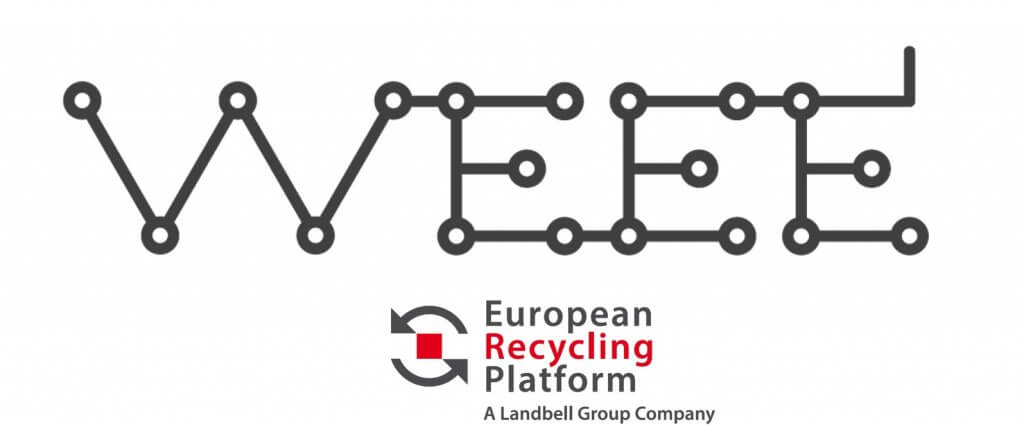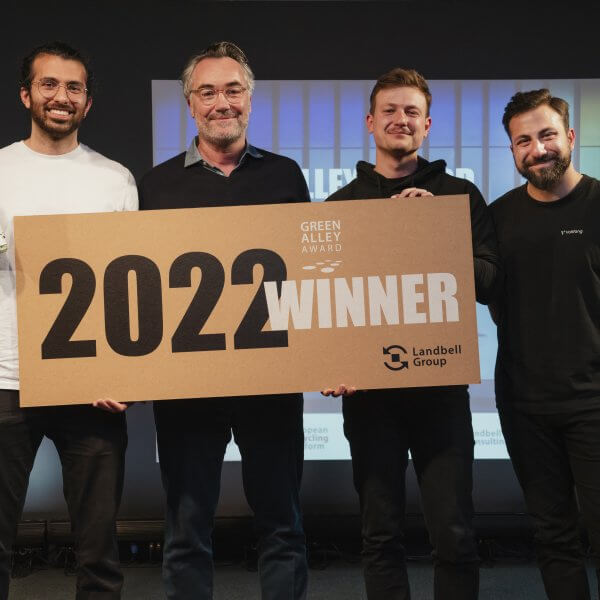e-Waste Summit 2021
ERP Portugal and LG debate reality and challenges of sustainable consumption of Electrical and Electronic Equipment
Is the consumption of electrical and electronic equipment in Portugal sustainable? Are the Portuguese making purchases and reuse aware of their small and large appliances? How are you forwarding your junk mail?
These and other issues were discussed today in the second edition of the “e-Waste Summit | Sustainable Consumption – Reality and Challenges" with the objective of promoting the sharing of knowledge between the various sectors of society and contributing to changing the behavior of consumers with regard to consumption, use and, above all, recycling of Waste of Electrical and Electronic Equipment – WEEE.
Nuno Lacasta, President of the Portuguese Environment Agency, Fernanda Ferreira Dias, the General Directorate of Economic Activities General Manager, Gonçalo Lobo Xavier, the Portuguese Association of Distribution Companies General Manager, Lieutenant Colonel Ricardo Alves, Head of the Environmental Technical Division of the Nature and Environment Protection Service (SEPNA), and Fernando Leite, CEO of Lipor and Hugo Jorge, Marketing Director of LG Portugal, were some of the guests who joined Rosa Monforte, ERP Portugal General Manager, Ricardo Neto, ERP Portugal President, and Ruy Gil Conde, General Manager of LG Electronics Portugal, in this session presented by César Mourão and moderated by José Eduardo Martins.
The “e-Waste Summit | Sustainable Consumption – Reality and Challenges” is thus one of the moments that materializes the joint efforts between ERP Portugal and LG Electronics Portugal, in order to raise awareness among the Portuguese towards the theme of “electronic waste”, since from its conception to its correct forwarding and recycling, while at the same time aiming to debate the role of the consumer throughout the entire life cycle of electrical and electronic equipment.
"Warning the importance of sustainable behaviors adopting, ranging from purchase, through use to the correct disposal of electrical and electronic waste, is increasingly relevant in the society in which we live and in which the consumption of these products is exponential, but the its reuse is, unfortunately, less than expected and possible", said Rosa Monforte, General Manager of ERP Portugal, to reinforce the importance of initiatives such as the e-Waste Summit "which allow giving more visibility to the topic, calling for the day's agenda this concern, which belongs to everyone. Increasing the amount of WEEE collected in the correct channels with a view to the treatment of its harmful substances, as well as the recycling of materials are goals that ERP Portugal has on the basis of these opportunities for information, awareness and education of the different targeted target groups”, she concluded.
The need to increase this awareness is increasingly important, since, according to data revealed at the end of September by PACE – Platform for Accelerating the Circular Economy, the planet annually produces 54 million tons of electronic waste, the type of waste that is currently growing the most, and for that reason, the one that generates the greatest concern. Of this volume, only about 17% is sent for reuse or recycling, leaving more than 80% of this waste unresolved.
“The reduction and recycling of electrical and electronic waste must be part of a continuous and joint effort by the community, both globally and locally, involving the population, their governments and, of course, the business fabric”, underlined Ruy Gil Conde, General Manager of LG Electronics Portugal, highlighting that, in this aspect, companies that produce electronic equipment play a crucial role in promoting a better management of their equipment when they reach their end of life, as they can and should trigger upstream and downstream processes. “I'm talking, for example, about production processes for electrical and electronic equipment that are more sustainable, namely in the choice of materials that make them up and in the way they are developed. On the other hand, companies like LG also have a duty to raise awareness, benefiting from human resources networks and global infrastructure with the ability to change behavior and thus lead to the dissemination of information and the implementation of programs to collect equipment for its reuse and recycling, starting right away with its employees”, he concluded.
In Portugal, last year, more than 212,000 tons of electrical and electronic equipment were placed on the market and more than 30% of the population is still not in the habit of forwarding and recycling their electronic waste. In addition to having a negative impact on the environment, Waste Electrical and Electronic Equipment, when not properly routed, is also a health risk as it contains toxic additives or hazardous substances, such as mercury, which can damage the brain and coordination system .
Event available here.
News & Events
Latest news and events
It is not only about process and compliance, but also about networking. ERP shares knowledge, insights, and news so that together we promote the sustainable agenda.
News
October 14th, 2022
“Recycle it all, no matter how small”
News
May 2nd, 2022
This year’s Green Alley Award goes to the German start-up Voltfang


